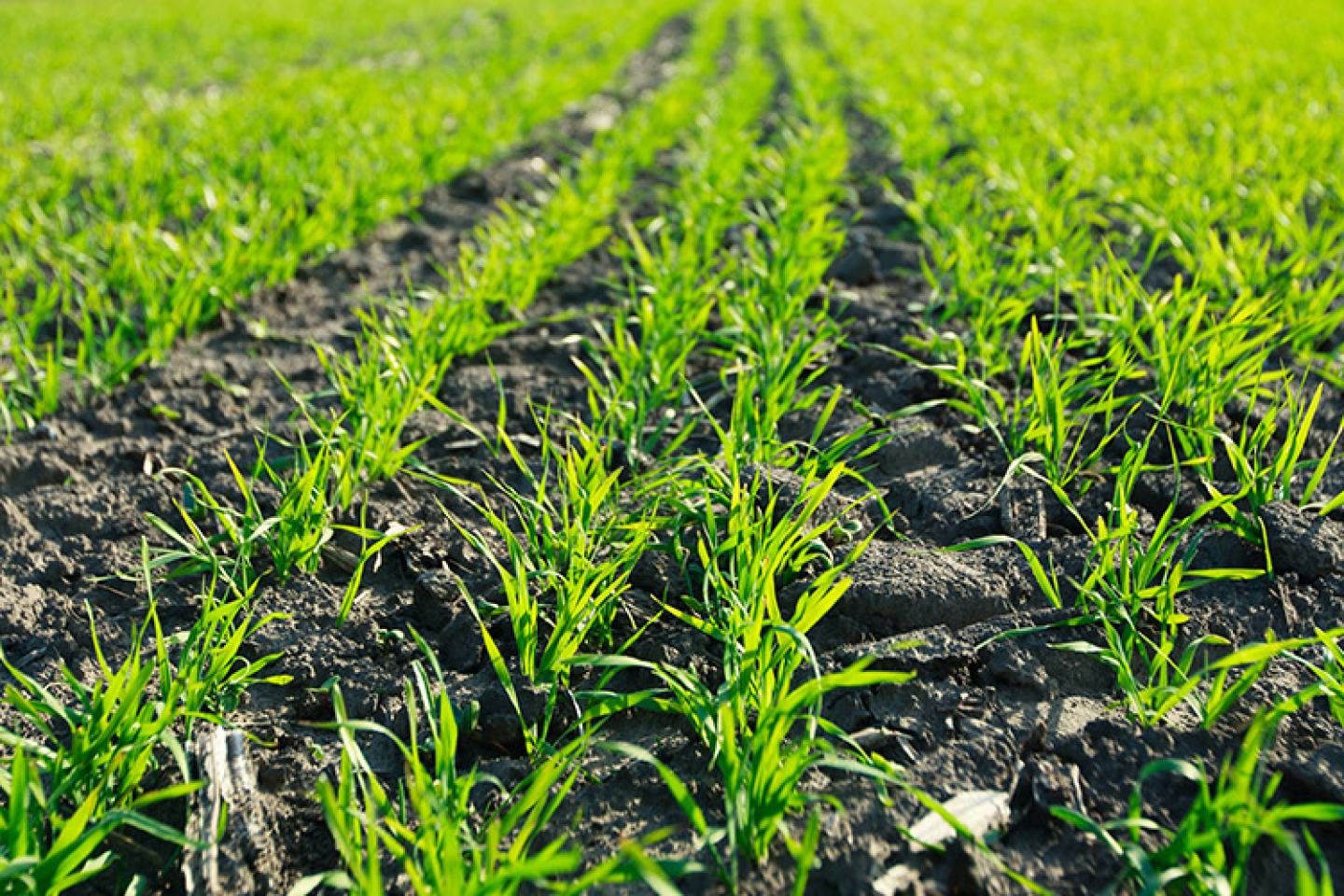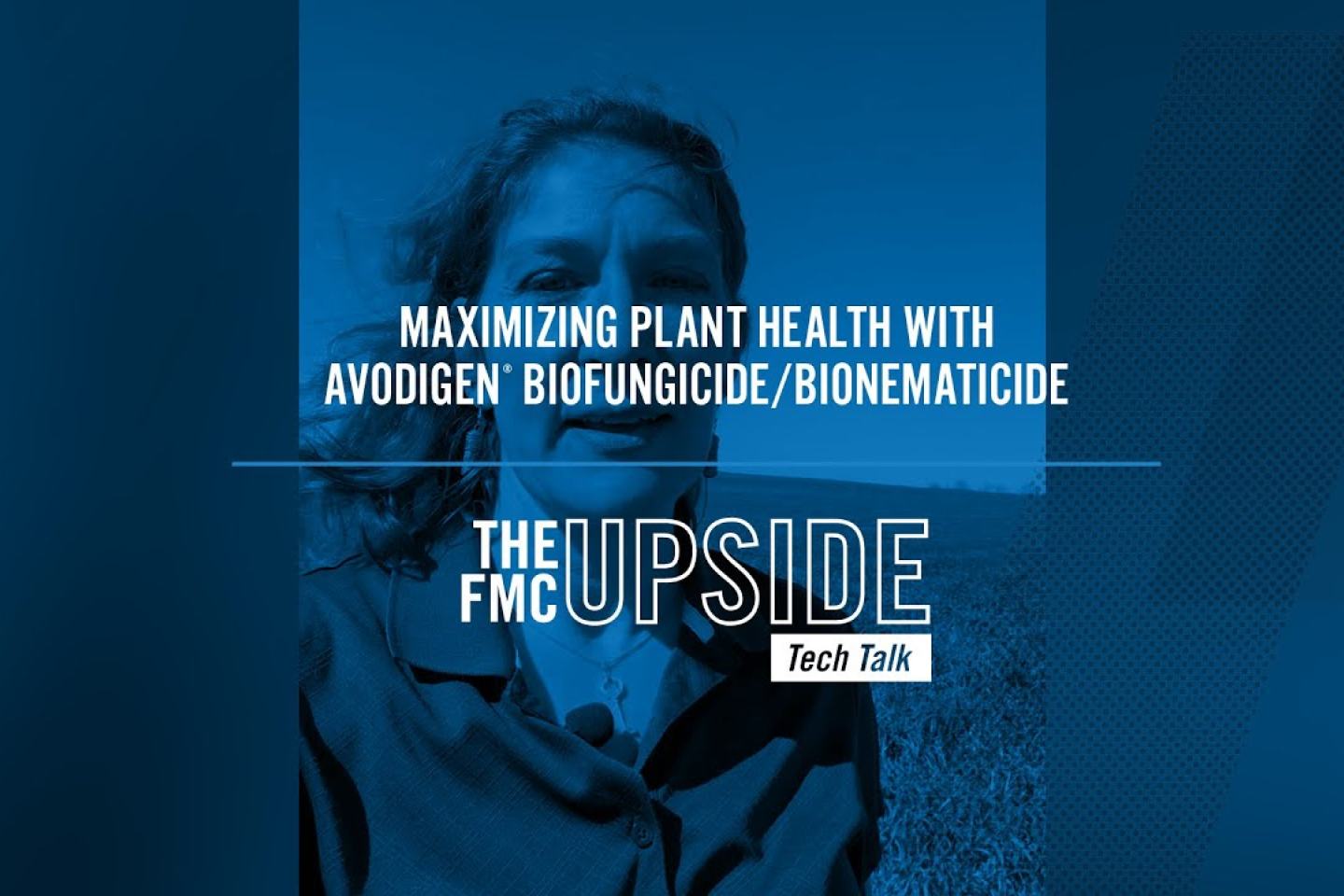What Are Biologicals in Crop Protection?
The number of biological products available to row crop growers has surged in recent years. The newest products are designed to enhance crop management and productivity. However, the rapid expansion of biological products has created some confusion around what biologicals are and what they can do.
While “biologicals” is the common term, a wide range of products fit under this input category. Matthew Pye, biologicals subject matter expert for FMC, aims to bring clarity around biologicals’ place in the row crop market.
“Biologicals are beneficial organisms or naturally occurring compounds often derived from living organisms that are structurally similar and functionally identical to their naturally occurring counterparts,” explains Pye.
What Do Crop Protection Biologicals Do?
Biologicals are living organisms or naturally occurring products that have been collected, extracted, or grown artificially. It’s important to remember the active ingredients in these products have not been significantly altered from their natural state either functionally or structurally. Microbial based biologicals use certain microorganisms that perform beneficial functions within a cropping system to enhance crop growth and soil health. The vast majority of crop biologicals fall under three categories:
- Biopesticides – Control fungal and bacterial diseases, insect pests, nematodes and weeds.
- Biostimulants – Optimize plant growth, physiological benefits and productivity.
- Biofertilizers – Enhance nutrient availability and improve the uptake of nutrients for plant growth promotion.
These biological products work within the soil system to enhance and protect crop productivity. There is even some overlap between biological activity in some products, so, a biopesticide can control pests and disease while simultaneously providing biostimulant activity. An example of this is Ethos® Elite LFR® insecticide/biofungicide which provides broad-spectrum control against seedling and early-season diseases as well as soilborne pests while enhancing biostimulance during the plant's most vulnerable growth stages.
The History of Crop Protection Biologicals
Unfortunately, some biological products have not met growers' expectations. This situation, and the lack of product education for growers, have created skepticism about what biologicals can deliver.
“The first generation of biological products that came out on the market in the 1990s and early 2000s may have left some folks with a bad taste in their mouth,” Pye explains. “Some of these products were marketed as a ‘cure all’ but lacked data to back up their claims. There was also a lack of grower education around how to best use these products. However, with more data and better education, the biological products on the market now are showing better results.”
Since the introduction of biologicals, research and newer technologies have helped biologicals evolve, leading to better products with greater shelf life, stability and formulations. This has contributed to more consistent efficacy and improved results in the field. However, it is essential to remember that many biological products are living organisms and can be more sensitive to environmental extremes compared to conventional chemistries.
“As with many products in agriculture, the success of the biological depends on applying them at the right time, place and concentration,” Pye states. “This makes storage and timely applications important for optimal performance, as most biologicals are best applied as preventatives.”
Factors to Consider for Biological Crop Protection Use
For growers considering biologicals, a clear goal and understanding of a product’s potential should drive decision-making.
“Understanding biological products and having the right expectations for the outcome is key to making the most of applications,” Pye says. “Knowing how the product is designed to influence the system can help a grower decide if they need it and how they can use it in their crop management program. Being armed with this knowledge will go a long way in helping growers find the right product to accomplish their goals.”
“Crop biologicals will continue to play an important role in farming well into the future,” Pye states. “I encourage growers to take time to learn more about biologicals and how they can benefit their operation. With this being still a fairly new category, knowledge of biologicals and their true potential is what will make or a break their use of a biological on the acre.”
Ethos Elite LFR insecticide/biofungicide is a Restricted Use Pesticide. Always read and follow all label directions, precautions and restrictions for use. Some products may not be registered for sale or use in all states. FMC, the FMC logo, Ethos and LFR are trademarks of FMC Corporation or an affiliate. ©2024 FMC Corporation. All rights reserved. 24-FMC-0838 02/24



